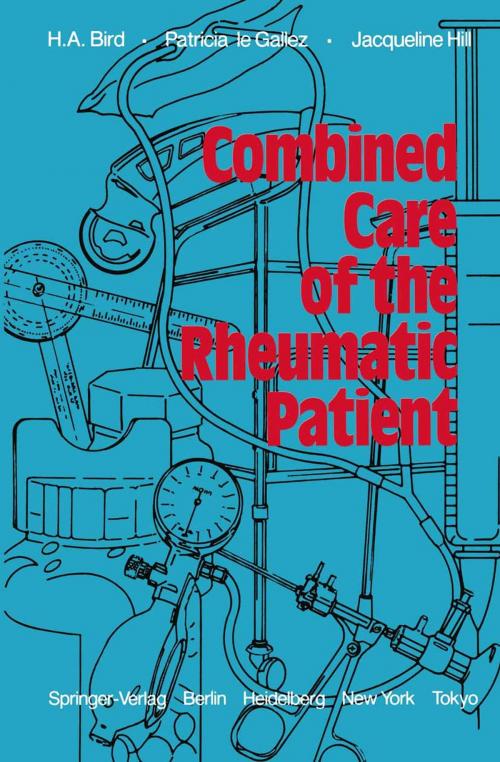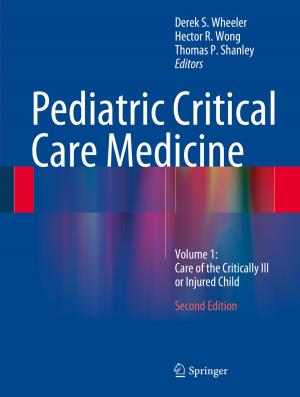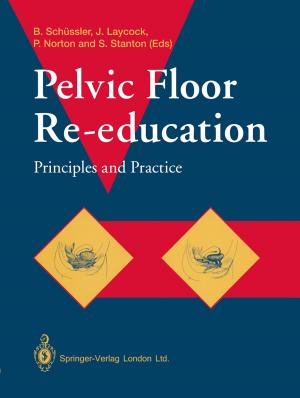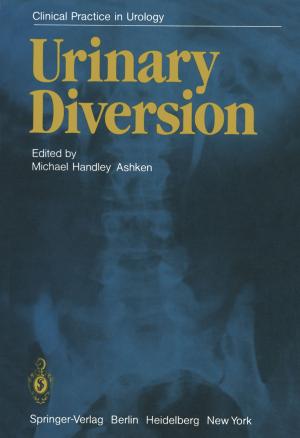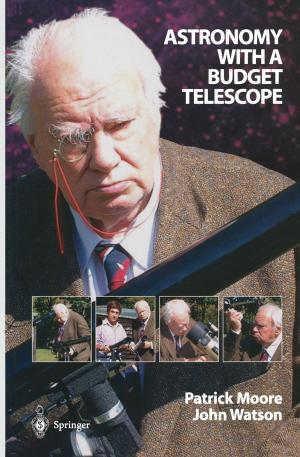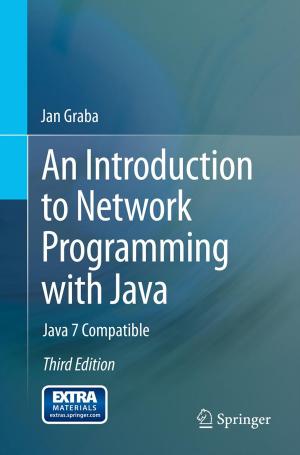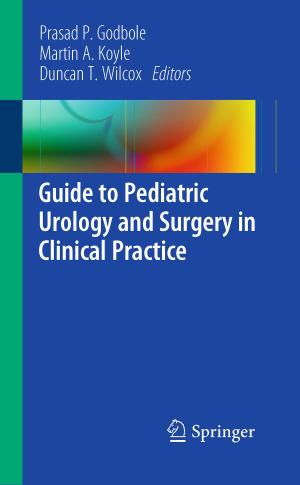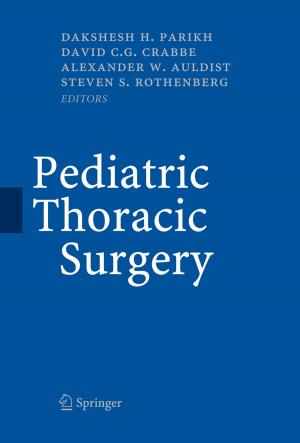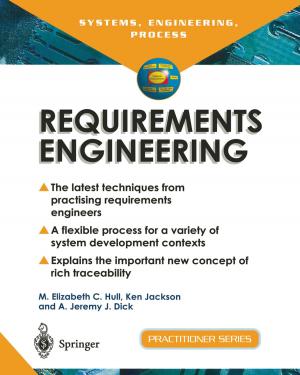Combined Care of the Rheumatic Patient
Nonfiction, Health & Well Being, Medical, Specialties, Rheumatology, Nursing| Author: | H.A. Bird, P. LeGallez, J. Hill | ISBN: | 9781447113652 |
| Publisher: | Springer London | Publication: | December 6, 2012 |
| Imprint: | Springer | Language: | English |
| Author: | H.A. Bird, P. LeGallez, J. Hill |
| ISBN: | 9781447113652 |
| Publisher: | Springer London |
| Publication: | December 6, 2012 |
| Imprint: | Springer |
| Language: | English |
Gone are the days when the physician could act as God, the orthopaedic surgeon as the Lord God and the nurses as minister ing angels. The concept of a team approach with each discipline supplying special yet overlapping skills is accepted in principle, although not always in practice. Physiotherapists and occupational therapists resist integration of their training among the hierarchy; however, on the ground, these remedial therapists often do each other's jobs with remarkable amity. Elsewhere I have discussed whether we need multipurpose professionals or multiprofessional persons (Wright 1982). At Leeds the close collaboration that exists between rheumatol ogists and non-medically qualified professionals has resulted in a productive Bioengineering Group for the Study of Human Joints, a Clinical Pharmacology Unit of international renown and a Rehabilitation Unit that consistently produces bricks without straw. One aspect of this combined approach to patient care has been the development of the discipline of clinical nurse metrology (Bird et al. 1980). Skilled nursing sisters have worked in this capacity for a decade in Leeds. Their contribution has not only enhanced the reliability of the results of clinical trials in which they have been engaged, but it has been highly s;ost effective and greatly appreciated by patients. It has also measurably improved our patient education programme. Moreover, the posts have provided considerable job satisfaction. This book arises from the expertise gained during these pioneer years.
Gone are the days when the physician could act as God, the orthopaedic surgeon as the Lord God and the nurses as minister ing angels. The concept of a team approach with each discipline supplying special yet overlapping skills is accepted in principle, although not always in practice. Physiotherapists and occupational therapists resist integration of their training among the hierarchy; however, on the ground, these remedial therapists often do each other's jobs with remarkable amity. Elsewhere I have discussed whether we need multipurpose professionals or multiprofessional persons (Wright 1982). At Leeds the close collaboration that exists between rheumatol ogists and non-medically qualified professionals has resulted in a productive Bioengineering Group for the Study of Human Joints, a Clinical Pharmacology Unit of international renown and a Rehabilitation Unit that consistently produces bricks without straw. One aspect of this combined approach to patient care has been the development of the discipline of clinical nurse metrology (Bird et al. 1980). Skilled nursing sisters have worked in this capacity for a decade in Leeds. Their contribution has not only enhanced the reliability of the results of clinical trials in which they have been engaged, but it has been highly s;ost effective and greatly appreciated by patients. It has also measurably improved our patient education programme. Moreover, the posts have provided considerable job satisfaction. This book arises from the expertise gained during these pioneer years.
